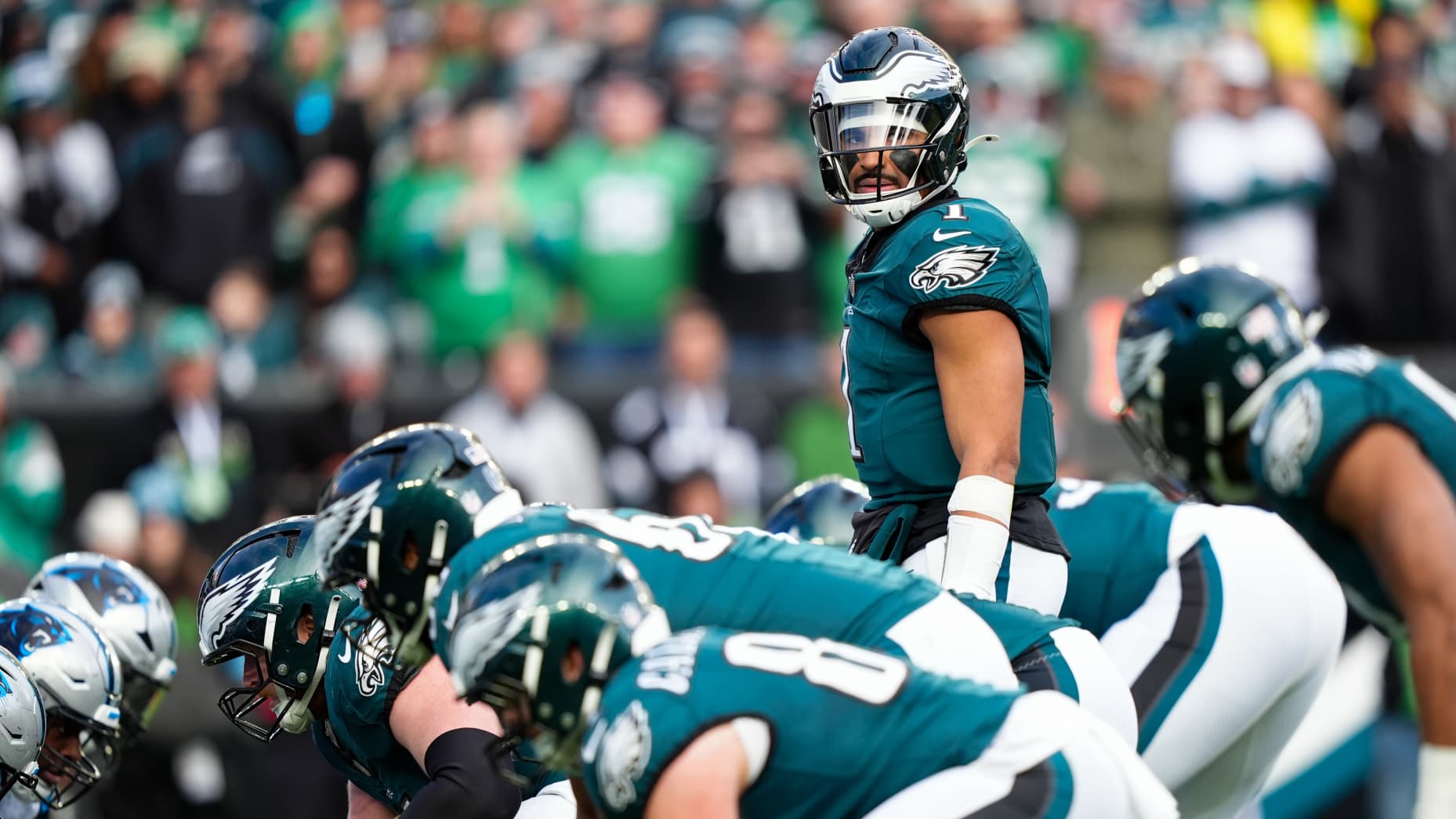[mkdf_dropcaps type=”normal” color=”#f55549″ background_color=””]V[/mkdf_dropcaps]
ictorian coroner, Paresa Spanos, has recommended AFL players to donate their brains to science to further understanding of chronic traumatic encephalopathy (CTE), after an examination of AFL legend, Danny Frawley’s brain.
Spanos found Frawley was suffering from “low stage” CTE when he died in a car crash at age 56 and determined CTE was a “potential contributor” to Frawley’s anxiety and depression.
During his professional AFL career, Frawley suffered 20 concussions, and was hospitalised five or six times for concussion treatment, according to Spanos, who also said it was unclear whether Frawley’s anxiety and depression contributed to or caused his death.
Following the examination, Spanos said further research into the impacts of contact sport on brains could potentially save lives, and the AFL and the AFL Players Association should encourage players to donate their brains for research.
“Mr Frawley’s mental state began deteriorating in the months before his death and appeared to coincide with easing his medication and several psychosocial stressors,” Spanos said.
“Like many players, Mr Frawley began his football career in his formative years, and like experienced head trauma while his brain was still developing.
“As such, it is difficult to evaluate the contribution of CTE to personality, behaviours, any cognitive deficits, or emotion over a lifetime.
“CTE can only be diagnosed post-mortem, it is impossible to establish at what point CTE began and whether this coincided with any changes in mood or behaviour,” Spanos said.
Frawley is now one of a few former AFL players to be found to be suffering from CTE after their death, along with Graham Farmer, who died in 2019 at the age of 84, and Shane Tuck, who died in 2020 at the age of 38.







